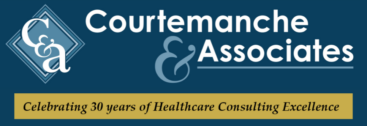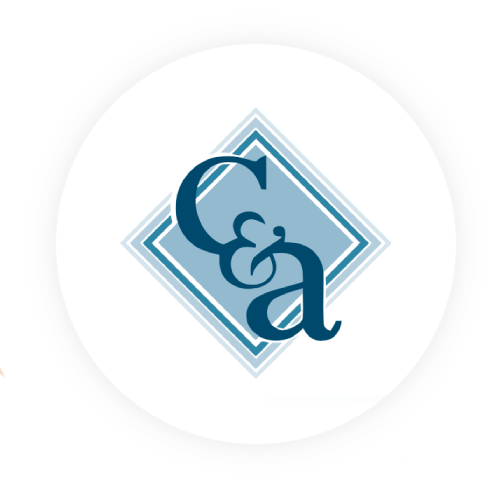While we have been dealing with Covid for the majority of 2020, some important information about CMS’s expectations of Accreditation Organizations (AOs) with Deeming Authority has come to light and while Covid remains a significant health risk, there are other patient safety focused standards that were slated for implementation in 2020 that were delayed to January 1, 2021. Let’s spend some time reviewing the highlights of both areas:
The Joint Commission, while managing their way through Covid-19 also underwent their Deeming Authority evaluation by CMS. The results of this review were published in the July 17, 2020 issue of the Federal Register. Upon review of the results, it is evident that CMS remains focused on establishing tighter oversight of those Accrediting Organizations that achieve Deeming Authority.
The CMS review process includes an extensive review of policies, procedures, financial and human resource documents along with interviews and observations of staff inclusive of surveyors. In fact, the process sounds very much like an Accreditation Survey!
Key takeaways from the review process and outcomes tell us the following may be on the horizon:
• More thorough, intense, detailed review of medical record documentation
• Inclusion of additional care locations that are part of the hospital’s CCN number.
• Creation of additional staff protections to promote greater transparency
• Expansion of assigned accountability to the Governing Body for deficiencies associated with the physical plant and life safety.
• Greater alignment of the survey documentation process with those practices utilized by CMS. For instance, the assignment of unique record and staff identifiers within the body of the report.
While there has not been any announcement related to the above, we anticipate that CMS will focus on making these changes once the public health emergency is over.
The Joint Commission has several significant standards initiatives underway. The following initiatives take effect January 1, 2021:
• Maternal Safety Standards: Originally scheduled to take effect in July 2019, the implementation was postponed and is set for January 1, 2021. These standards focus our improvement efforts on management of maternal hypertension/preeclampsia and maternal hemorrhage. Time is running out for organizations to implement their prevention, mitigation, and response plans. C&A is ready to provide virtual assistance if your organization needs help.
• Water Management Standards: Debuting in September 2020 these new standards focus on the need to have a Water Management Program. The new standards drive organizations to establish a responsible person or team to develop, implement, manage, and monitor the program. Historically the focus was limited to pathogenic biological agents, but these new standards expand the scope to include physical and chemical conditions that affect the organization’s water system.
• Titratable Medications: An area that has been problematic in healthcare for many years and shares a close relationship with the scope of practice issues we observed in 2018-2019. The Joint Commission earlier this year published a FAQ on this topic and has since revised MM04.01.01.
Titratable medication orders must contain the following elements:
o Medication name
o Medication route
o Initial rate of infusion (dose/unit of time)
o Incremental units to which the rate or dose can be increased or decreased
o How often the rate or dose may be changed
o The maximum rate or dose of the infusion
o The objective clinical measure to be used to guide changes (e.g. Blood pressure, RASS score)
We also know from various publications that both CMS and The Joint Commission, along with other accrediting organizations are committed to understanding and reducing HealthCare Disparities along with understanding and reducing Workplace Violence. The Joint Commission anticipates that it will be providing its first Field Review of the Workplace Violence standards in October 2020 with an anticipated implementation date of January 1, 2022. These standards will address topics such as culture of safety, data use, written policies and procedures, drills, education, and training.

